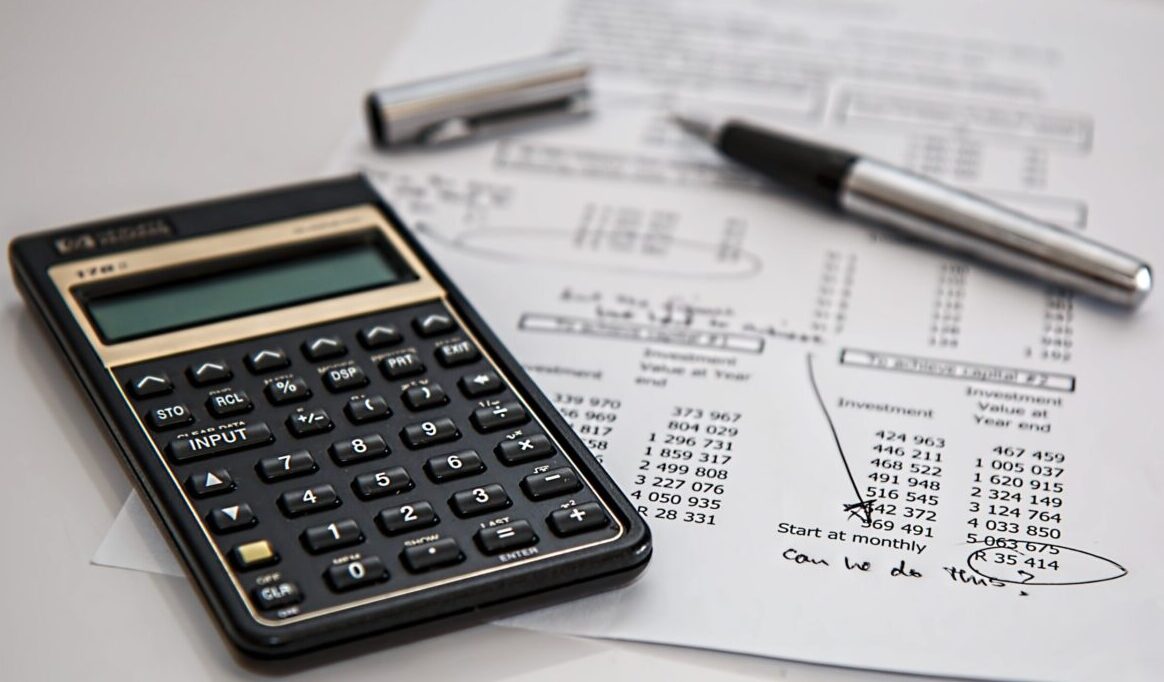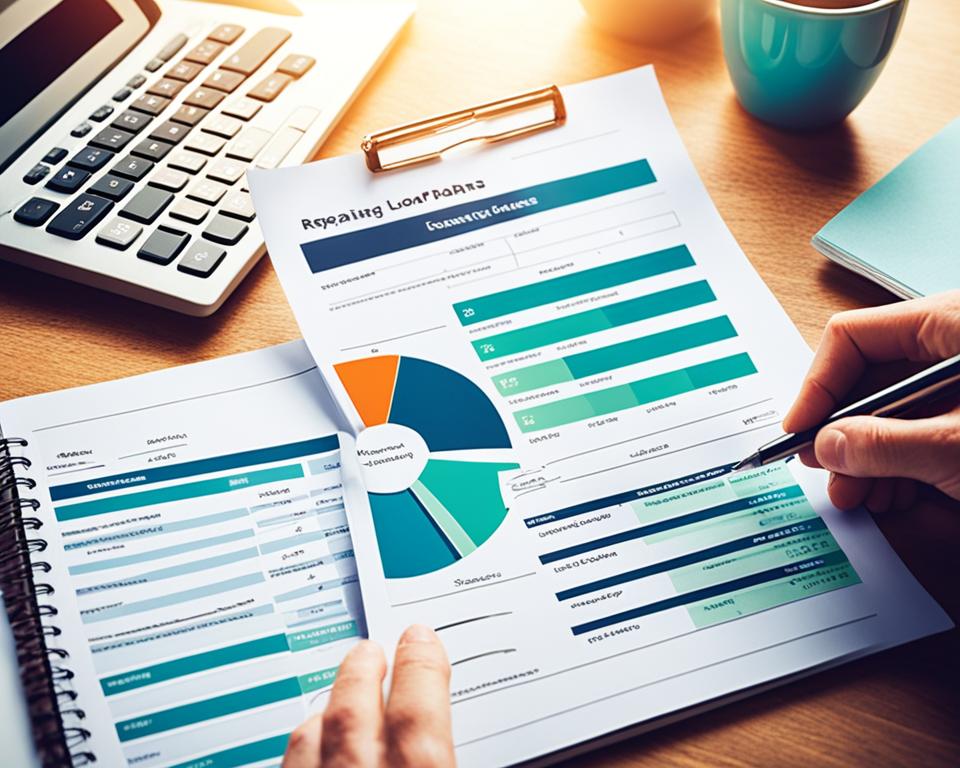10 Practical Tips for Budgeting & Creating an Effective Budget and Saving Money
Are you tired of living paycheck to paycheck? Do you struggle to save money and wonder where it all goes? Creating an effective budget is the first step towards taking control of your finances and building a solid foundation for your future.
In this article, we will share 10 practical tips to help you create a budget that works for you, while also saving money along the way.
Whether you are just starting out or looking to improve your current budgeting system, these tips will provide you with the guidance you need. From tracking your expenses to setting financial goals, we will cover a range of strategies that can help you make the most of your money. We will also explore ways to cut back on unnecessary expenses and find creative ways to save.
By implementing these tips, you will be on your way to financial freedom and the peace of mind that comes with it. So, let’s dive in and start creating an effective budget that will help you save money and achieve your financial goals.
Assessing your financial situation
Creating and sticking to a budget is crucial for financial success. It helps you understand where your money is going and allows you to make informed decisions about your spending. By budgeting, you can prioritize your expenses, pay off debt, save for emergencies, and work towards long-term financial goals. Saving money, on the other hand, provides a safety net and gives you the freedom to pursue your passions without the constant worry of financial instability.
Setting financial goals
Before creating a budget, it’s important to assess your current financial situation. Start by gathering all your financial documents, including bank statements, bills, and credit card statements. Calculate your total income and expenses to get a clear picture of your cash flow. This will help you identify areas where you can cut back and allocate more money towards savings.
Next, evaluate your assets and liabilities. List down all your assets, such as savings accounts, investments, and property. Then, make a note of your liabilities, including loans, credit card debt, and outstanding bills. Understanding your net worth will give you a better idea of your overall financial health.
Finally, consider your financial goals. What are you aiming to achieve in the short-term and long-term? Do you want to save for a down payment on a house, pay off your student loans, or start a retirement fund? Setting clear goals will provide you with motivation and direction as you create your budget.
Creating a realistic budget
Setting financial goals is an essential part of budgeting and saving money. Start by determining your short-term goals, which are achievable within the next year or two. This could include building an emergency fund, paying off high-interest debt, or saving for a vacation. Next, focus on your long-term goals, such as buying a home, saving for retirement, or starting a business.
When setting goals, make sure they are specific, measurable, achievable, relevant, and time-bound (SMART). For example, instead of setting a vague goal like “save money,” set a SMART goal like “save $5,000 for a down payment on a house within the next two years.” This will give you a clear target to work towards and help you stay motivated.
Tracking your expenses
Now that you have assessed your financial situation and set your goals, it’s time to create a realistic budget. Start by listing all your sources of income, including your salary, freelance work, rental income, or any other sources. Next, categorize your expenses into fixed expenses (rent/mortgage, utilities, insurance) and variable expenses (groceries, dining out, entertainment).
Allocate a portion of your income towards each expense category, making sure to prioritize your needs over wants. Set aside a specific amount for savings and debt repayment. Remember, it’s important to be realistic when budgeting. Don’t underestimate your expenses or overestimate your income. Be prepared for unexpected expenses and make adjustments as needed.
Cutting back on unnecessary expenses
Tracking your expenses is a crucial step in budgeting. It allows you to see where your money is going and identify areas where you can cut back. Start by keeping a record of all your expenses, either through a spreadsheet, mobile app, or a budgeting tool. Categorize your expenses into different categories, such as groceries, transportation, entertainment, and so on.
Review your expenses regularly and compare them to your budget. Are you overspending in certain categories? Are there any areas where you can cut back? By tracking your expenses, you can make more informed decisions about your spending and stay on track with your budget.
Finding ways to save money on everyday expenses
One of the most effective ways to save money is by cutting back on unnecessary expenses. Start by reviewing your monthly bills and subscriptions. Are there any services you no longer use or can live without? Canceling unused subscriptions can save you a significant amount of money each month.
Next, evaluate your discretionary spending. Do you eat out often or spend money on expensive coffee? Consider cooking at home more often and brewing your own coffee. Small changes in your daily habits can add up to big savings.
Another area to consider is your transportation expenses. Can you carpool or use public transportation instead of driving alone? If you live in a city with good public transportation, consider selling your car and relying on alternative modes of transportation.
Automating your savings
In addition to cutting back on unnecessary expenses, there are several ways to save money on everyday expenses. Start by comparing prices and shopping around for the best deals. Use coupons, take advantage of sales, and consider buying in bulk to save money on groceries and household items.
Another way to save money is by reducing your energy consumption. Turn off lights when not in use, unplug electronics, and adjust your thermostat to save on heating and cooling costs. Consider switching to energy-efficient appliances and LED light bulbs to further reduce your energy bill.
Lastly, consider refinancing your loans or negotiating better terms with your creditors. Lowering your interest rates or consolidating your debt can save you money in the long run.
Seeking professional financial advice
Automating your savings is a great way to make saving money a habit. Set up automatic transfers from your checking account to your savings account on a regular basis. This way, you won’t have to remember to save each month, and you won’t be tempted to spend the money.
You can also automate your retirement savings by contributing to a 401(k) or an IRA. Speak to your employer about setting up automatic contributions from your paycheck. By automating your savings, you are ensuring that you prioritize your financial goals and make saving a priority.
Celebrating your financial achievements
If you’re struggling to create an effective budget or save money, don’t hesitate to seek professional financial advice, they will offer you personal financial planning tips. A financial advisor can provide personalized guidance based on your unique circumstances and help you create a solid financial plan. They can also provide insights into investment opportunities, tax strategies, and ways to optimize your savings.





One thought on “Budgeting – 10 Practical Tips for Creating an Effective Budget and Saving Money”